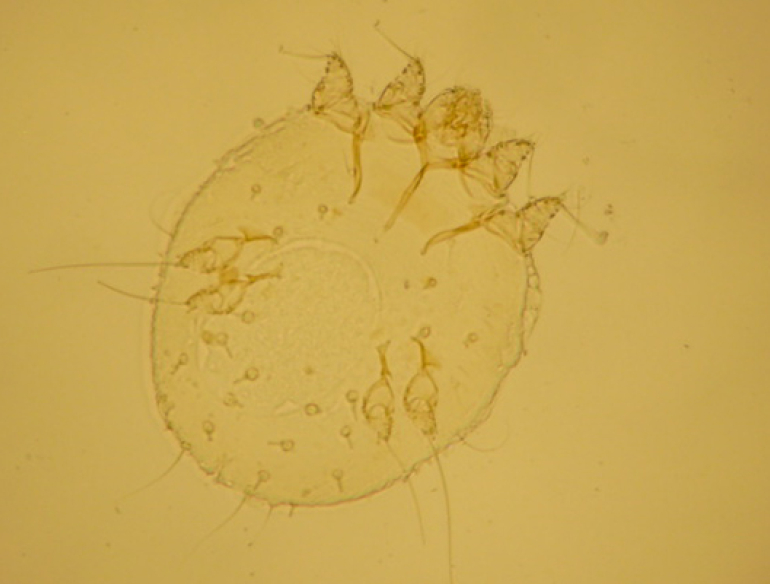Australian researchers have partnered with researchers in the Solomon Islands to advance the fight against neglected tropical diseases in the Pacific by proving that it is possible to safely treat large populations for trachoma and scabies simultaneously.
For the study, an entire population (26,000–plus) in the Choiseul Province of Solomon Islands was given antibiotics to treat these highly infectious neglected tropical diseases. The research, a collaboration between Murdoch Children’s Research Institute (MCRI), the Kirby Institute at UNSW Sydney, the Solomon Islands Ministry of Health and Medical Services, and the London School of Hygiene and Tropical Medicine is published in the latest issue of Lancet Global Health.
Professor Andrew Steer, from the Murdoch Children’s Research Institute and the University of Melbourne, said administering the two antibiotics together had significant advantages – reducing costs and the burden on health services and the community; and ultimately leading to better disease control.
“We know from our previous research in Fiji* that administering the antibiotic ivermectin to entire communities reduced the prevalence of scabies by 94 per cent,” Professor Steer said.
“This new study shows us that by adding azithromycin to the mix, we have the potential to double the bang for our buck and create high population-wide reductions in both scabies and trachoma at the same time.”
The Kirby Institute’s Lucia Romani, lead author on the paper, said scabies and trachoma were both recognised by the World Health Organisation as neglected tropical diseases, and responsible for significant disease in the Solomon Islands, and the Pacific region more broadly. For example, scabies affects 20 per cent of the population at any one time.
“Both scabies and trachoma are very easily treated by the antibiotics, ivermectin and azithromycin,” Dr Romani said. “This research found that mass administration of these antibiotics simultaneously was both safe and practical in a population of more than 26,000."
“This research indicates that there is now a need for new studies to assess the safety and effectiveness of co-administration of treatments for other neglected tropical diseases.”
The Solomon Islands Ministry of Health and Medical Services had begun a mass drug administration program against trachoma in 2014, and the Choiseul Province was the last scheduled to be treated. Mr Oliver Sokana, a co-author from the Solomon Islands Ministry of Health, said everyone in Choiseul who received the treatment consented to take part in the study.
“Information sheets about the trial were given to community nurses, who were also briefed on the study and community members had the chance to meet the local health staff and ask questions,” he said.
Mr Sokana said the researchers carefully monitored adverse reactions to the treatments. They checked hospital admissions in the 24 hours after the vaccines were given; they asked participants about their health at the time of the treatments; and they undertook active surveillance in ten villages, which also included asking residents to fill in questionnaires.
“Finally we reviewed clinic and hospital admissions during the year after the treatments and compared them to the 12 months before,” Mr Sokana said.
According to the research data, there were no serious side effects to the treatments. Of the 21,817 study participants who received both doses, 571 (or 2.6 per cent) had mild reactions, which cleared in a week. These included dizziness, stomach pain and diarrhea.
In the month after the treatments were administered, 84 people were admitted to hospital and two died, compared to a monthly median of 16 admissions and six deaths. However the researchers say it is not possible to draw a connection between the fall in deaths and the treatment roll-out.
* ‘Mass Drug Administration for Scabies Control in a Population with Endemic Disease’ in New England Journal of Medicine
Available for interview:
- Professor Andrew Steer
Contact
Christine Tondorf, MCRI Media Advisor
Phone
03 9936 6197 or 0413 307 092
Header Image
Sarcoptes Scabiei - Scabies Female Scabies Mite by Michael Wunderli (CC BY 2.0)
